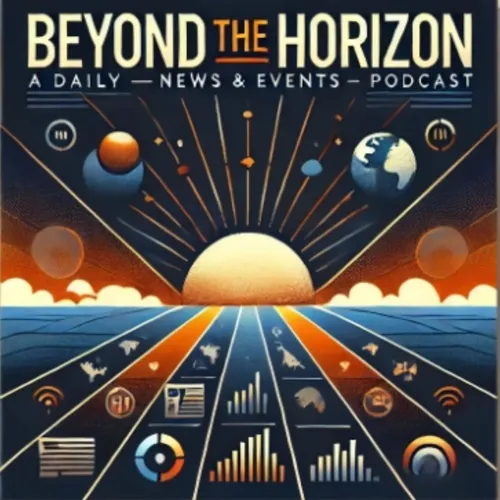The Epstein Cover Provided To Bill Gates By The Legacy Media
- Author
- Bobby Capucci
- Published
- Wed 06 Aug 2025
- Episode Link
- https://www.spreaker.com/episode/the-epstein-cover-provided-to-bill-gates-by-the-legacy-media--67273468
For years, the legacy media played a central role in downplaying or outright deflecting scrutiny of Bill Gates’s relationship with Jeffrey Epstein. Despite mounting evidence that Gates met with Epstein multiple times after Epstein’s 2008 conviction—some meetings even taking place at Epstein’s Manhattan townhouse—the media largely framed their interactions as unfortunate misjudgments or networking missteps. Outlets such as The New York Times and The Wall Street Journal did eventually report on the relationship, but only after years of silence and often with language that minimized the seriousness of the association. The focus routinely shifted toward Gates’s philanthropic work, his divorce, or internal drama at the Gates Foundation, rather than probing why one of the world’s most prominent billionaires was spending time with a convicted sex offender whose network was deeply enmeshed in trafficking and abuse.
Even when Melinda French Gates publicly admitted that Epstein was a major factor in the collapse of her marriage, coverage was curiously restrained. Instead of asking hard questions about what Gates knew, what he was told, and why he continued meeting with Epstein long after others distanced themselves, much of the press chose to maintain Gates’s image as a misunderstood genius and benevolent technocrat. Investigative leads were rarely pursued with the same intensity seen in coverage of other figures entangled with Epstein. This selective leniency wasn’t accidental—it reflected a longstanding pattern in elite media circles of protecting powerful figures in tech and finance, especially those with deep ties to influential institutions. In the case of Gates, it provided a shield that lasted far longer than it should have.
To contact me:
[email protected]
source:
https://nypost.com/2020/05/15/bill-gates-didnt-visit-sex-criminal-jeffrey-epsteins-island-repeatedly/
